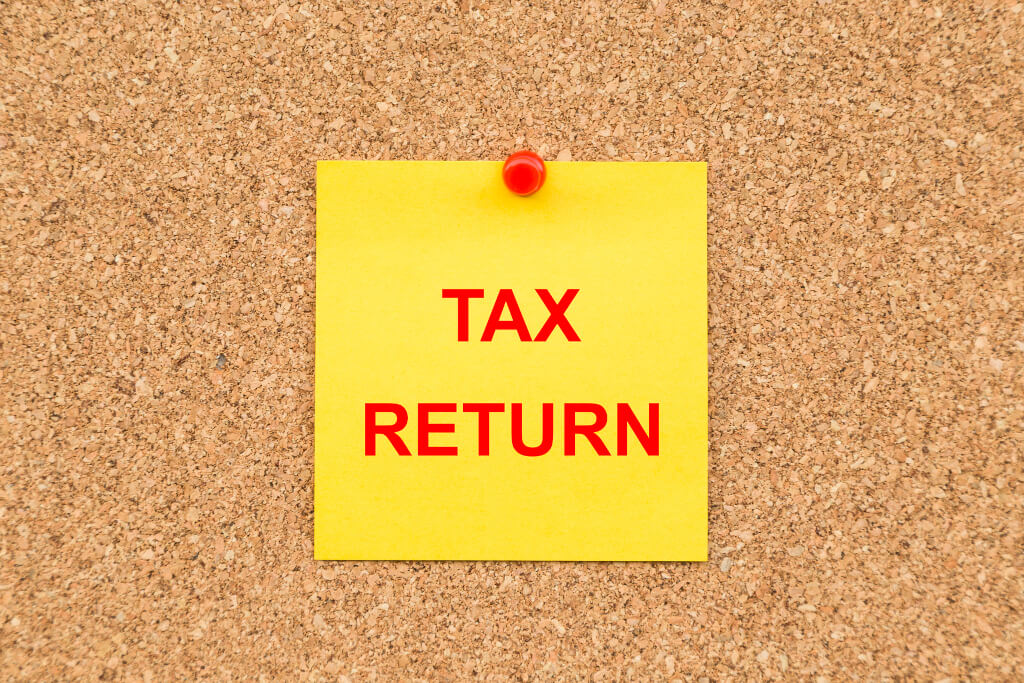A South African electrical engineer known on Twitter as @Yanga_Co drew widespread attention when he claimed to have gotten a tax refund of more than R66,000. Users of social media were riveted by this news. The revelation, which the taxpayer described as “Christmas in July,” has sparked a broader discussion about the transparency and complexity of tax returns in South Africa.
The Original Tweet That Started It All is Mentioned
When Yanga_Co posted a picture of his assessment notice with the caption “I’m getting R66 200.66 on tax returns,” he didn’t mince words. A flood of responses followed the announcement, covering topics as diverse as curiosity about his worth, caution about discussing money, and scepticism about the veracity of the claimed amount.
Disclosing your tax return to the general public serves what purpose? That was the big question, anyway. South Africa’s relationship with tax transparency, financial privacy, and the understanding of tax returns is a far more significant topic to consider.
South Africans Discuss Their Differing Views on Tax Returns
People’s differing viewpoints on tax return filing are reflected in the vast array of reactions to the tweet. The Twitter user @RealMrumaDrive expressed some doubt, leading one to believe that the full restoration may never come to pass. Meanwhile, @Phumi_Veto voiced reservations about the schedule, insisting that tax calculations could not commence until July 7.
Concerned that data could be exaggerated through dubious means like making up charitable donations, @ShabanguOupa has voiced their doubts about the involvement of a consultant. South African Revenue Service (SARS) auto-assessment was recently clarified by @Lesdee_, who explained that random persons are selected between July 1st and the 7th.
Understanding Tax Return Filing Processes
Each year, residents of South Africa must submit a tax return to the South African Revenue Service (SARS), detailing their income and any deductions that reduce their taxable amount. The auto-assessment effort, set to go live in 2020, will streamline this procedure by allowing SARS to prepare pre-completed returns for some taxpayers. If the taxpayer accepts the auto-assessment and verifies that the information is correct, the process can be sped up significantly. The Twitter debate, though, shows that there is room for confusion and misinformation to flourish in such an effort.
Finding a Middle Ground Between Openness and Confidentiality
The subject of whether or not taxpayers’ tax returns should be made public remains unanswered, despite the potential illuminating and instructional effects of such exposure. There are ethical and legal problems that must be resolved. While the Twitter user’s actions themselves were not unlawful, they did serve to highlight the importance of maintaining financial discretion and the risks associated with disclosing too much information online.
We live in a time when our online and physical lives are more intertwined than ever before, and this scenario emphasises the importance of raising awareness about the importance of both. As tax season continues, let’s use this occurrence as a teaching moment, welcoming transparency where it will serve us best while never losing sight of the need to safeguard our personal information.
About The Author:
Sizwe Mikhwenya is a seasoned journalist specialising in business, the environment, and current affairs. With a decade-long career reporting on the pulse of South Africa, Lethabo’s work has been featured in some of the country’s most respected publications, earning recognition for her insightful, comprehensive reporting.




